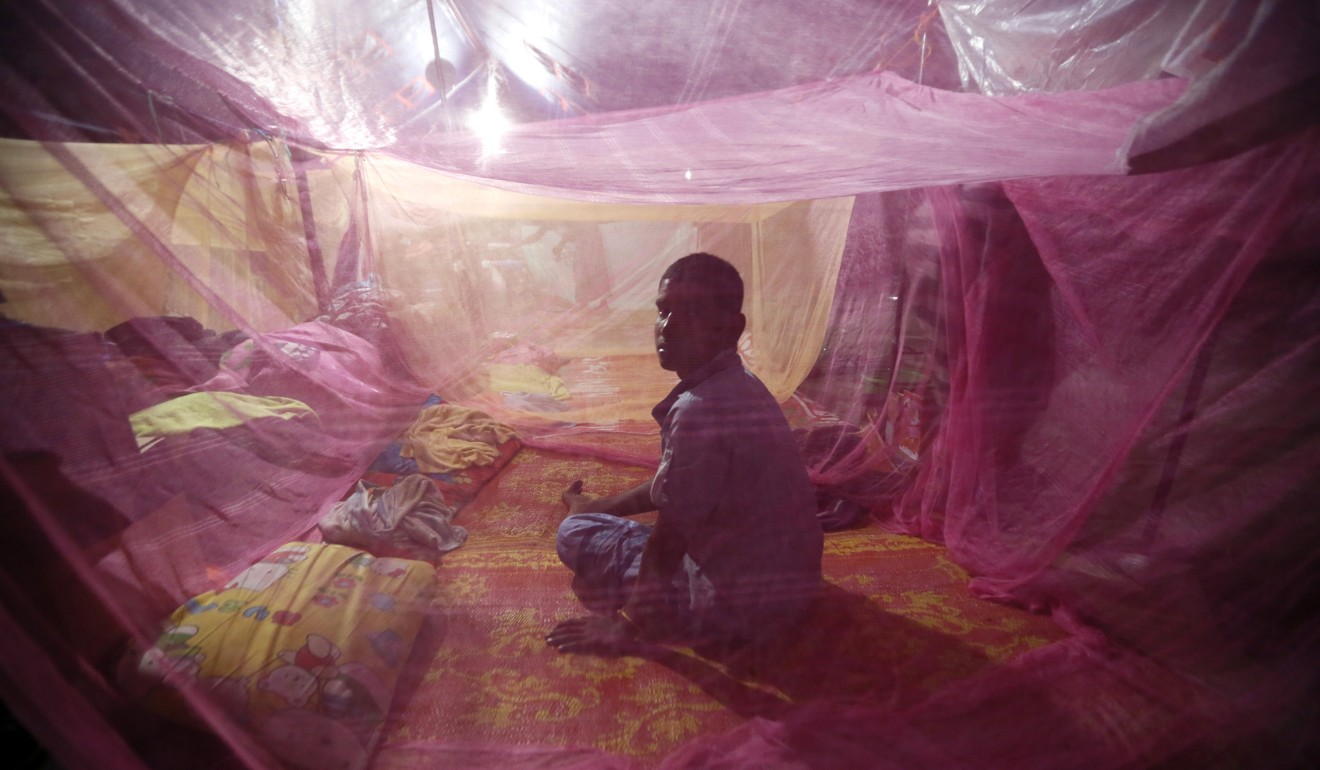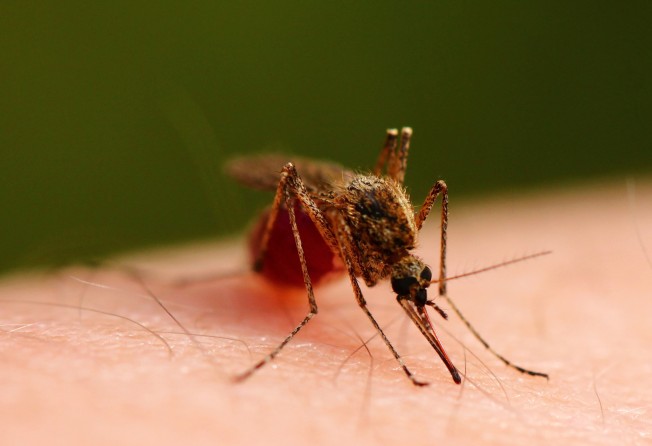
Drug-resistant malaria outbreaks in Southeast Asia trigger fears of public health emergency
Experts fear long-trusted medicines are losing efficacy against the dangerous mosquito-borne disease

Urgent action must be taken to stop the spread of drug-resistant malaria in Southeast Asia and potentially beyond, according to scientists.
The outbreak in Cambodia, then Thailand, Laos and most recently Vietnam, of malaria that is untreatable with the newest and best drugs we have has alarmed experts. There have been calls for the World Health Organisation to declare a public health emergency of international concern, as it did with Ebola in West Africa and Zika virus in Brazil.
The dismay is at the prospect of losing the efficacy of the artemisinin drugs, which along with insecticide-impregnated bed nets are the most powerful tool in the armoury against malaria. It had been hoped that malaria – which kills nearly half a million people a year, mostly children and pregnant women – could potentially be eliminated.
But all the global efforts could be in vain if resistance continues to spread under the radar, as scientists reveal it has done for years in Cambodia. A study led by scientists from the Wellcome Sanger Institute and published in The Lancet Infectious Diseases journal, investigated what happened in Cambodia between 2008 and 2013, when it became obvious that some patients were not being cured.

They analysed DNA sequence data from nearly 1500 Plasmodium falciparum parasites from Southeast Asia, including more than 450 collected in Cambodia between 2007 and 2013.
The artemisinin drugs are given in combination with other antimalarials, so that if one drug begins to fail the other may still effectively clear the parasites. In Cambodia, the combination was dihydroartemisinin and piperaquine (DHA-PPQ). The researchers found a single strain of parasite became resistant to both drugs as early as 2008, the first year they were used, and then rapidly spread elsewhere.
“We rely a lot on the artemisinins. They are wonderful drugs,” said lead author Dr Roberto Amato, pointing out that Professor Youyou Tu from China received a Nobel Prize in 2015 for her contribution to their discovery. “But they are failing in some parts of Asia. The last thing we want is this artemisinin resistance to spread outside of that.”
One option is to switch the companion drug from piperaquine to an older drug that is still effective, mefloquine, he said. But there is a risk that resistance will develop to that too. Another option is to use three or four drugs instead of two. But the strategy for the future has to be constant surveillance and genetic sequencing of the parasites to work out where there is resistance and to which drugs, allowing new drug combinations to be used only where they are needed.
So far there is no evidence of this aggressive multi-drug resistant malaria in Africa, which has most cases. But some fear it could spread there if not checked.
“If this parasite strain keeps spreading and becomes dominant further afield it could devastate vulnerable populations globally,” said Professor Mike Turner, head of infections and immunobiology at Wellcome. “It is surprising to see that the parasites developed resistance so rapidly. Coordinated actions by governments and organisations to control and eliminate this parasite population are urgently needed. Real-time genetic sequencing would allow regional malaria control programmes to respond immediately to evolutionary changes in the parasite population.”